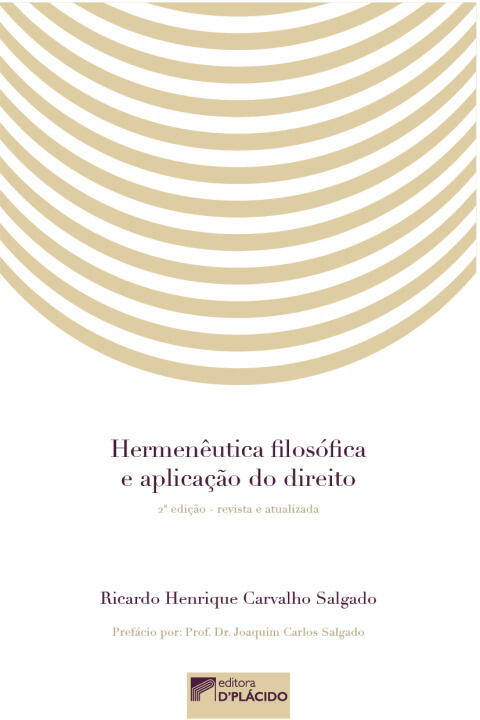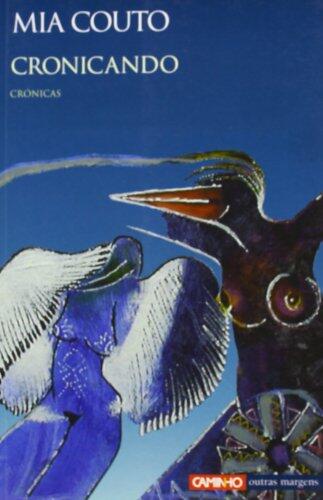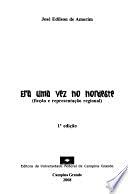
Hermenêutica Filosófica e Aplicação do Direito
由
Ricardo Henrique Carvalho Salgado
还没有评分
格式
平装书
页数
290
语言
葡萄牙语
已发布
Jan 1, 2018
出版商
EDITORA D'PLACIDO
版本
1
ISBN-10
8584258833
ISBN-13
9788584258833
描述
Ricardo Henrique Carvalho Salgado delves into the intricate relationship between hermeneutics and law, offering a profound exploration of how philosophical inquiry shapes legal interpretation. He masterfully illustrates the dynamic flow between these two realms, revealing how legal principles are not just static rules but are continuously informed and redefined by philosophical thought. Through a meticulous analysis, he uncovers the layers of meaning embedded in legal texts and how these meanings evolve when viewed through a philosophical lens.
Salgado's work emphasizes the significance of understanding legal texts as living entities that demand ongoing interpretation and contextual awareness. By tracing the interplay between hermeneutics and various philosophical traditions, he invites readers to reconsider their perceptions of the law and its application. This discourse not only enriches the study of legal philosophy but also underscores the practical implications of these theories in contemporary legal practices.
The author’s insights encourage a deeper reflection on the role of judges, lawyers, and lawmakers as they navigate the complex landscape of legal interpretation. By bridging the gap between hermeneutics and jurisprudence, Salgado contributes to a more nuanced understanding of justice, responsibility, and the evolving nature of law in society.
Salgado's work emphasizes the significance of understanding legal texts as living entities that demand ongoing interpretation and contextual awareness. By tracing the interplay between hermeneutics and various philosophical traditions, he invites readers to reconsider their perceptions of the law and its application. This discourse not only enriches the study of legal philosophy but also underscores the practical implications of these theories in contemporary legal practices.
The author’s insights encourage a deeper reflection on the role of judges, lawyers, and lawmakers as they navigate the complex landscape of legal interpretation. By bridging the gap between hermeneutics and jurisprudence, Salgado contributes to a more nuanced understanding of justice, responsibility, and the evolving nature of law in society.



















